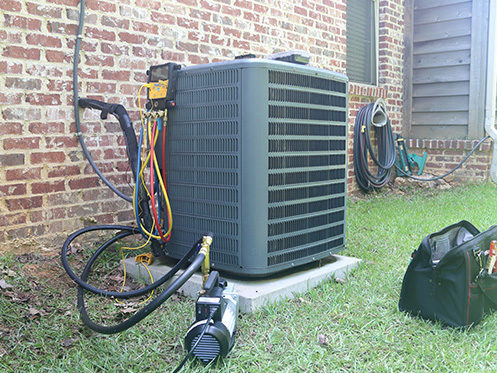Some experts believe our basic personality traits are “set in stone” by age 15 and there will be few major changes after that. They base this on genetics and what we are exposed to in school and life. For instance, what we learned in kindergarten helps set the tone for how we should treat others. Maybe some need to go back to kindergarten?
Anyway, a book that hopefully most third graders have read is a version of the 1930s The Little Engine That Could by Platt and Munk. This story is used to teach children the value of optimism and hard work.
There are various versions of the story. A basic storyline is that more powerful locomotives built to pull the trains up the steep terrain refused to perform that task. They felt it was too difficult. The little locomotive heard this and took the challenge. It said, “I think I can, I think I can” as it pulled hard up the terrain. The little locomotive struggled, but reached the top and then said, “I thought I could, I thought I could.”
Stories like this at an early age can be part of the foundation of our beliefs. We learn most difficult things can be possible if we try.
At the same time, if that terrain was steeper, longer, or the load was heavier, that little locomotive would’ve failed because it was barely able to perform that difficult task.
Another version of this story could be about our heating and air conditioning systems instead of a little locomotive. Our Nebraska weather is like a very steep terrain and odds are our HVAC equipment is not designed for the huge task. The reason HVAC equipment often struggles is typical sizing is approximately 90% of maximum demand capacity according to ASHRAE energy standard 90.1. In many ways, it’s like the little locomotive that has to go over steep terrain.
The theory of designing HVAC equipment to a lower capacity is to promote energy savings and comfort during average conditions. There are many variations to ASHRAE standards, so let’s use them only for reference reasons and move on. The main point is because of these standards it’s vitally important for HVAC equipment to be well maintained. Our HVAC equipment needs to pull us up the “Nebraska weather terrain”, so it must be in tip-top shape.
Some may try to outsmart the design standards and install the larger HVAC equipment. The old theory of “installing the biggest equipment that fits through the front door” will cause problems in energy consumption and comfort. Larger equipment will consume more energy, cycle more often reducing comfort, and cause a rise in humidity levels in the summer or lower humidity levels in the winter.
Refrigerant levels are also very important. Unfortunately, according to some sources, refrigerant levels are not accurate 90% of the time. It takes well-trained caring technicians to understand and install the proper amount of refrigerant.
HVAC equipment that is low on refrigerant will work harder and fail quicker. Low levels cause compressor temperatures to increase as the refrigerant that helps cool them is not available. If it’s not cooling, shut it off before the compressor is damaged even more.
Refrigerant leaks can rarely be fixed. Adding refrigerant each year is typically throwing money away. Evaporator coils are often a source of leaks because the materials are too thin improve to energy efficiency.
The “perfect” HVAC system that will perform well enough for the best comfort to pull through the tough “Nebraska weather terrain” is readily available. You may have it already or at least parts of it.
The best system for our community is a heat pump with an electric or natural gas furnace for backup. It will have a high-efficiency air filter that removes at least 95% of the impurities and a good-quality humidifier. A 3” or thicker pleated air filter will end the need to change filters monthly. The next step will be to have that HVAC system serviced twice a year by qualified HVAC technicians that receive regular training and are managed well. A good service maintenance agreement will provide at least three levels of service to meet your needs.
It’s at this point you can relax and let the experts take care of your HVAC system. Gone are the performance questions of your HVAC system that will be able to say, “I knew I could, I knew I could.”

